MBA652: Strategy and Leadership in Australian Tourism Industry Report
VerifiedAdded on 2022/08/26
|13
|825
|21
Report
AI Summary
This report provides an analysis of the Australian tourism industry, highlighting key issues and challenges. The report focuses on stakeholder engagement, employee recruitment and motivation, and the importance of effective training programs. It identifies the various stakeholders involved, including customers, related organizations, and other external entities, and emphasizes the need to address their needs for a positive tourist experience. The report also addresses the difficulties faced in attracting and retaining talented employees, citing high turnover rates and the need for better recruitment strategies. Furthermore, it explores the significance of employee motivation and training in ensuring customer satisfaction and efficient service delivery. The stakeholder theory is applied to propose recommendations such as valuing stakeholders, improving communication, implementing efficient leadership, conducting personality assessments, providing rewards, and offering comprehensive training programs. The report concludes by emphasizing the need for a holistic approach to address the complex challenges within the Australian tourism sector.
1 out of 13
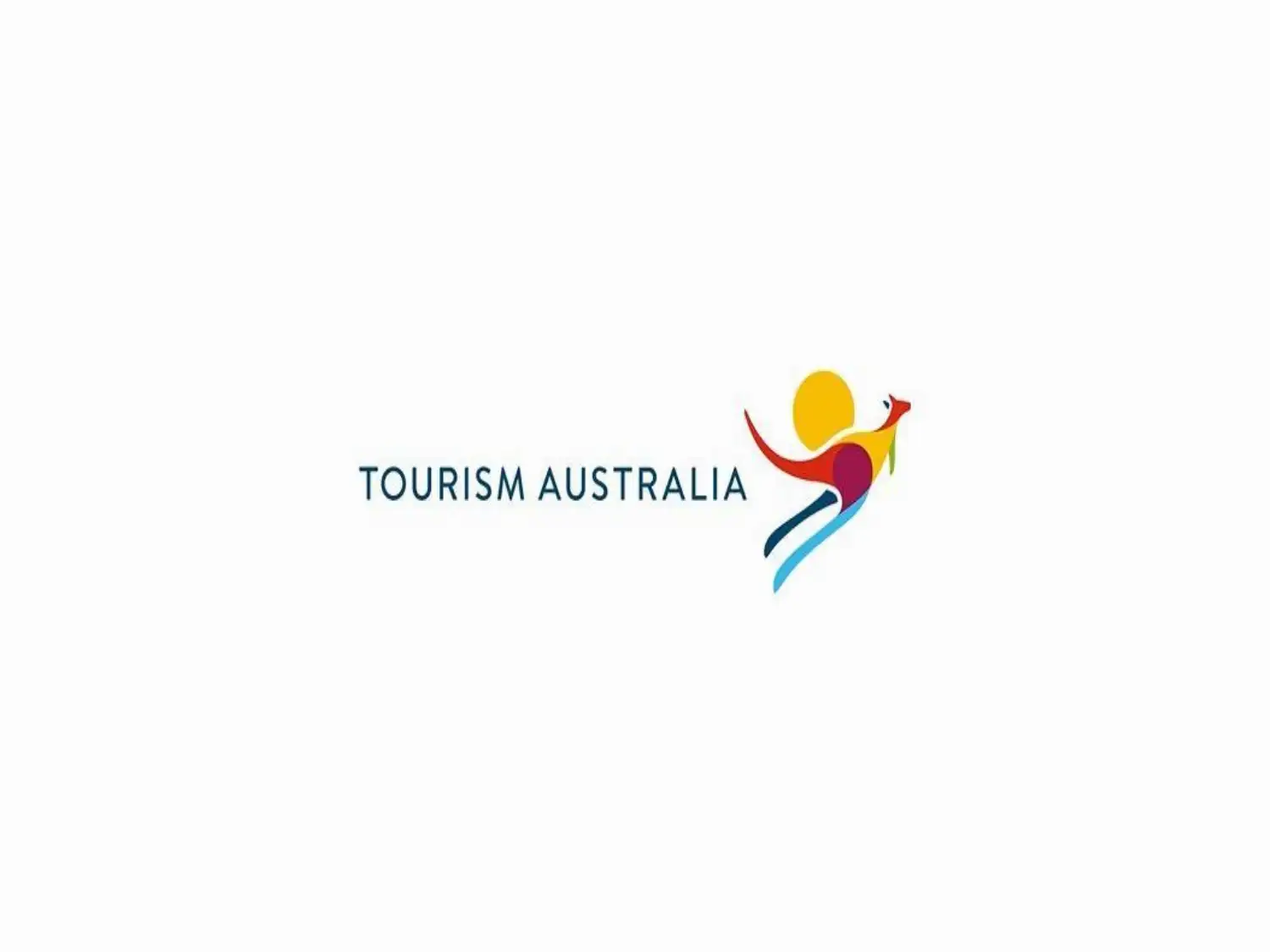
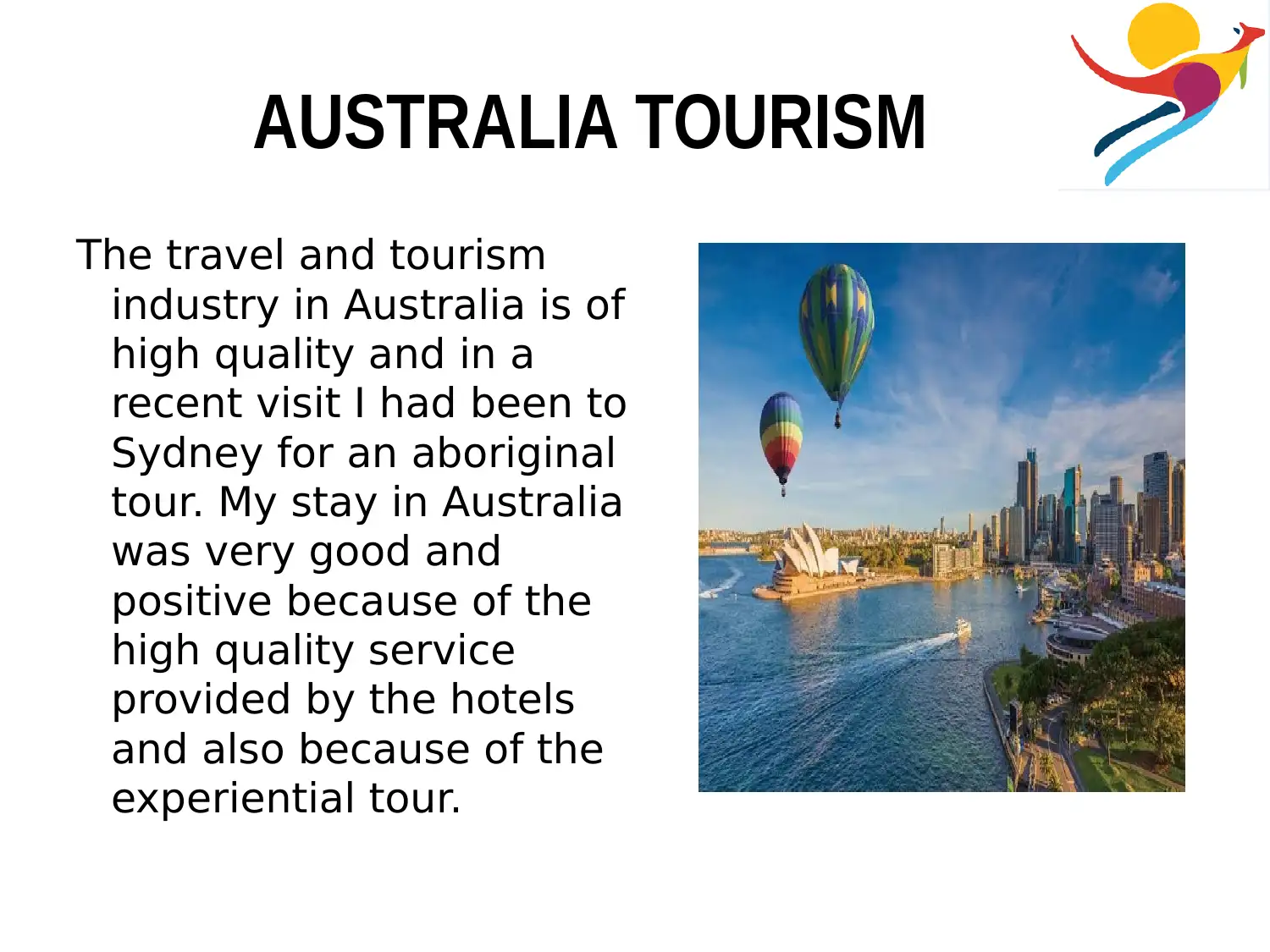
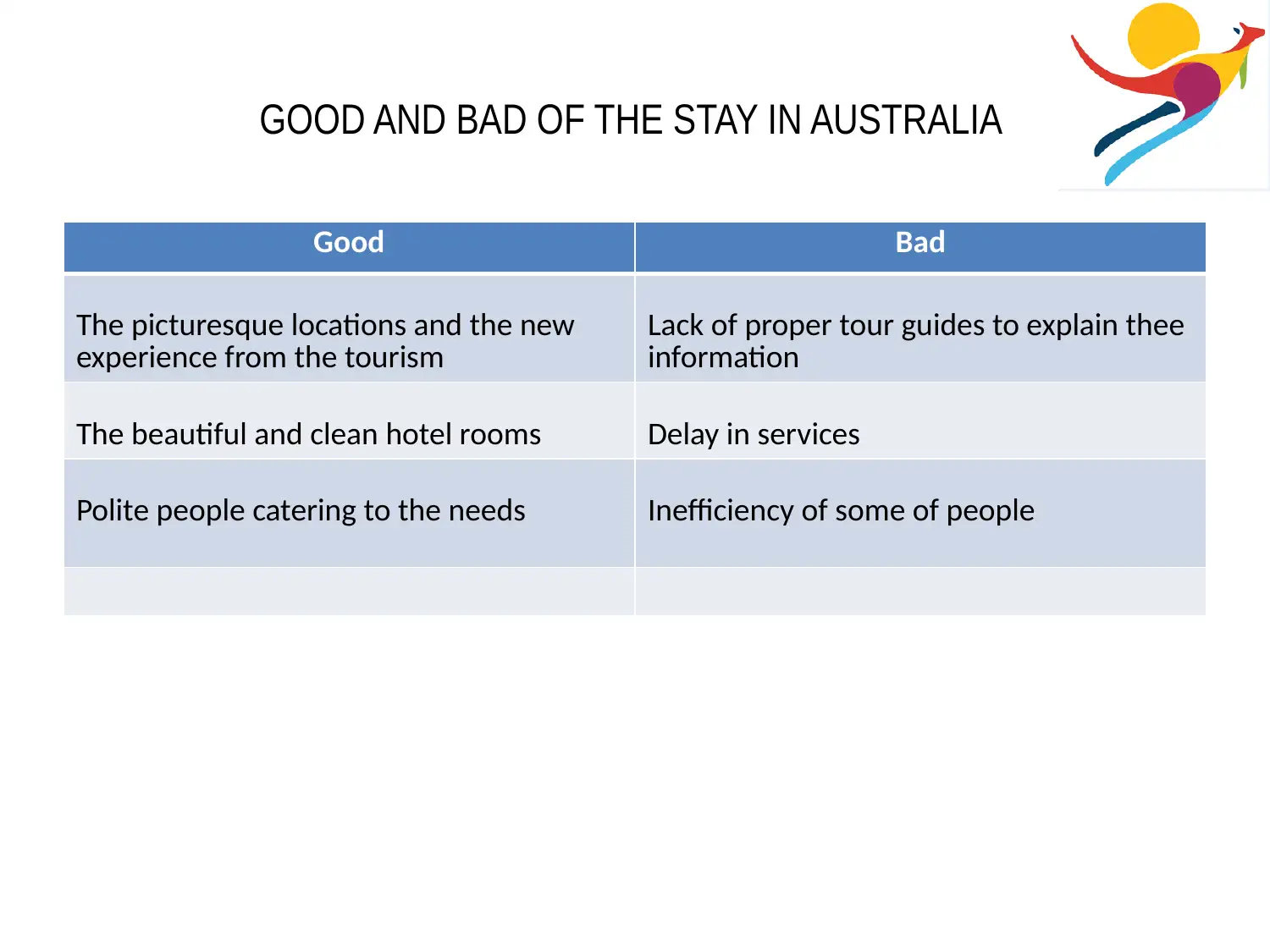

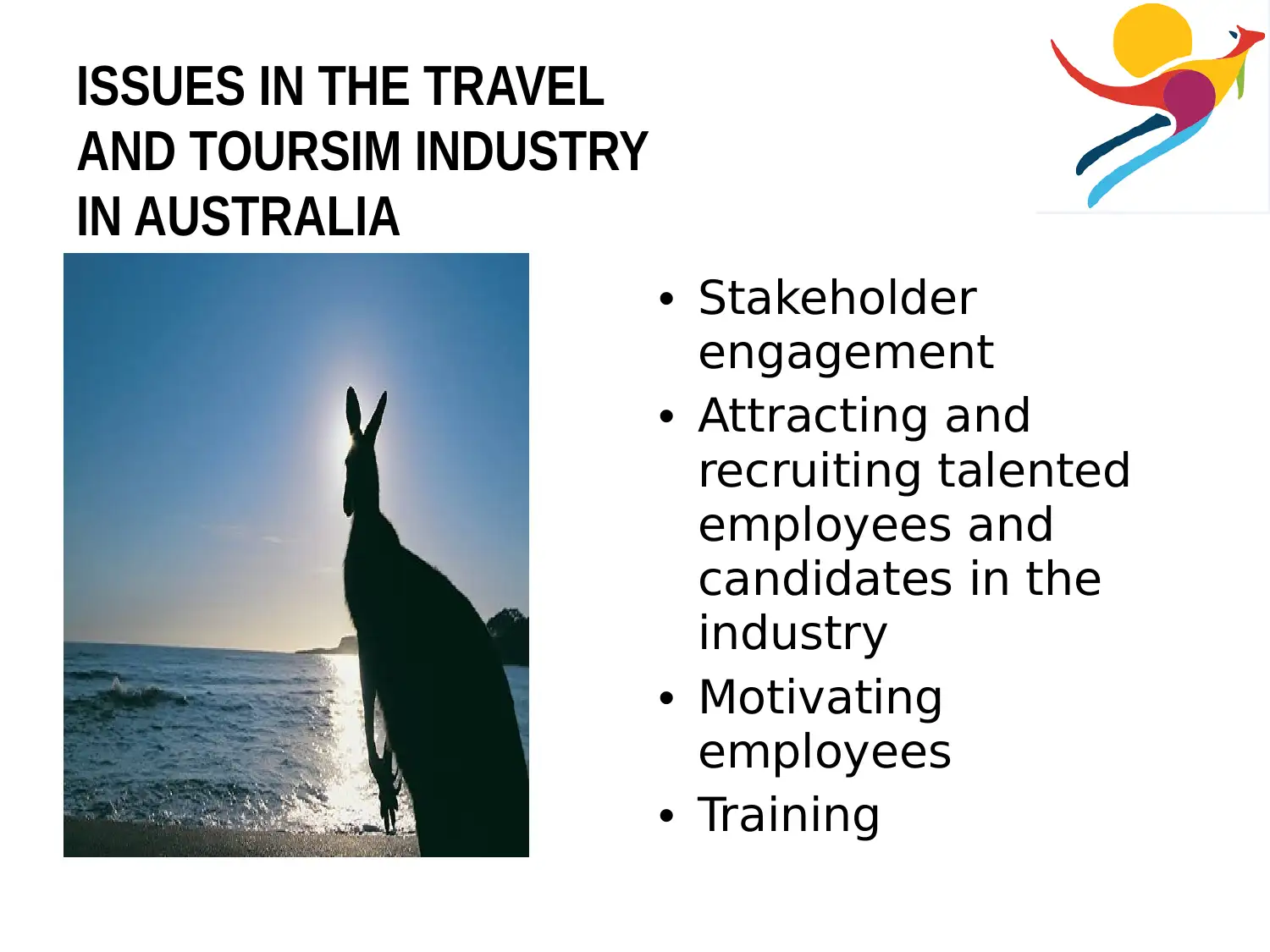
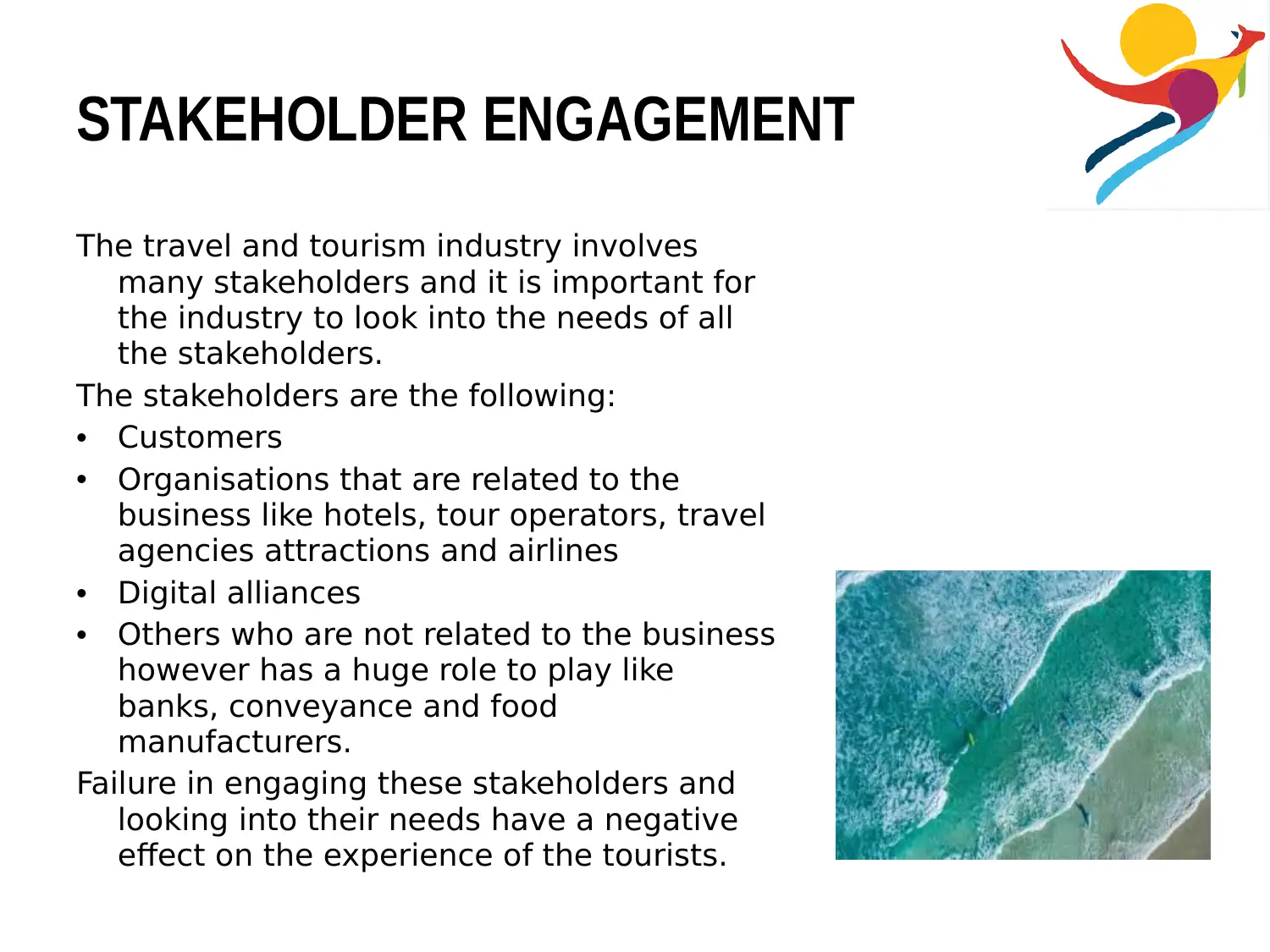
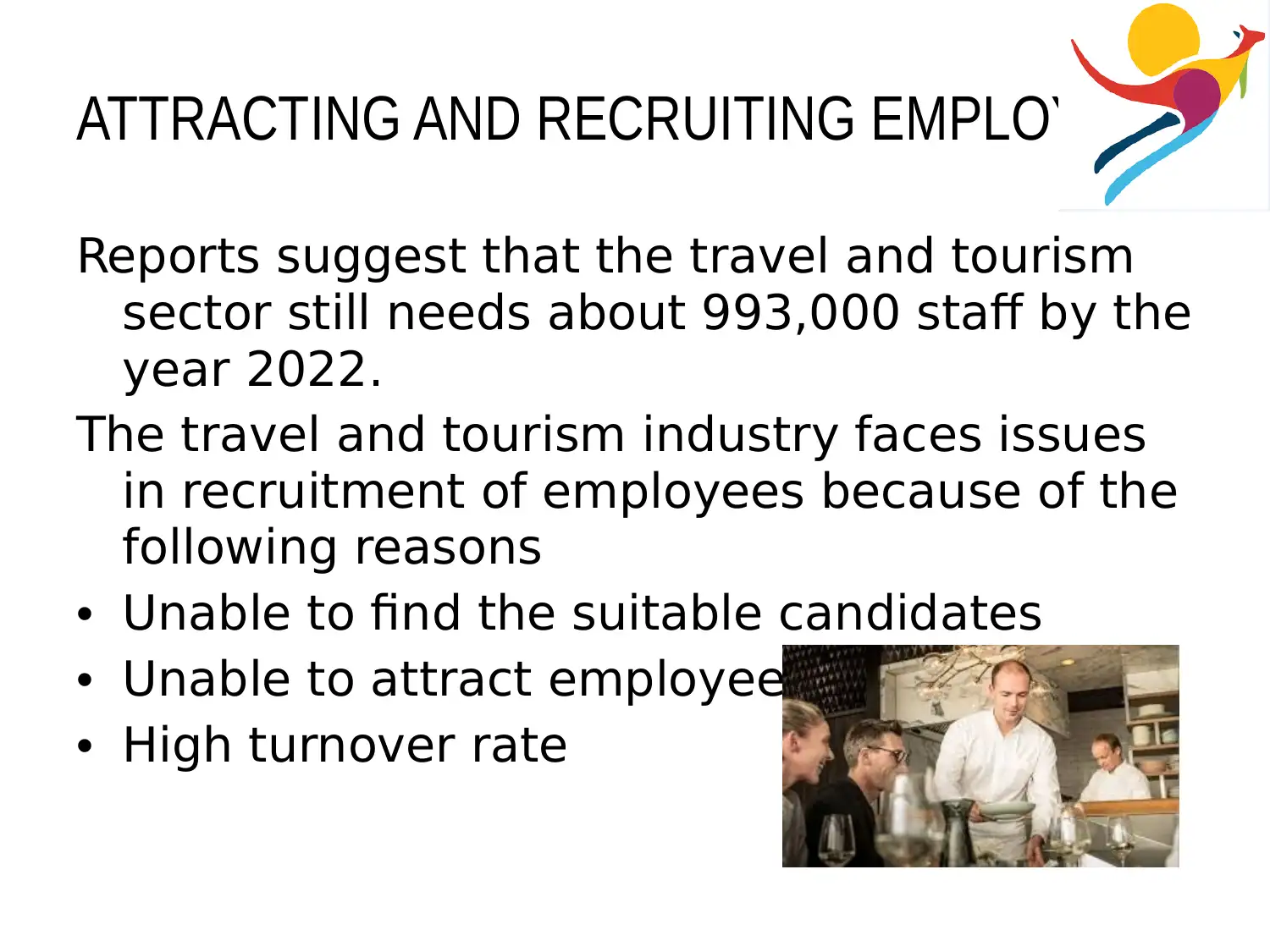
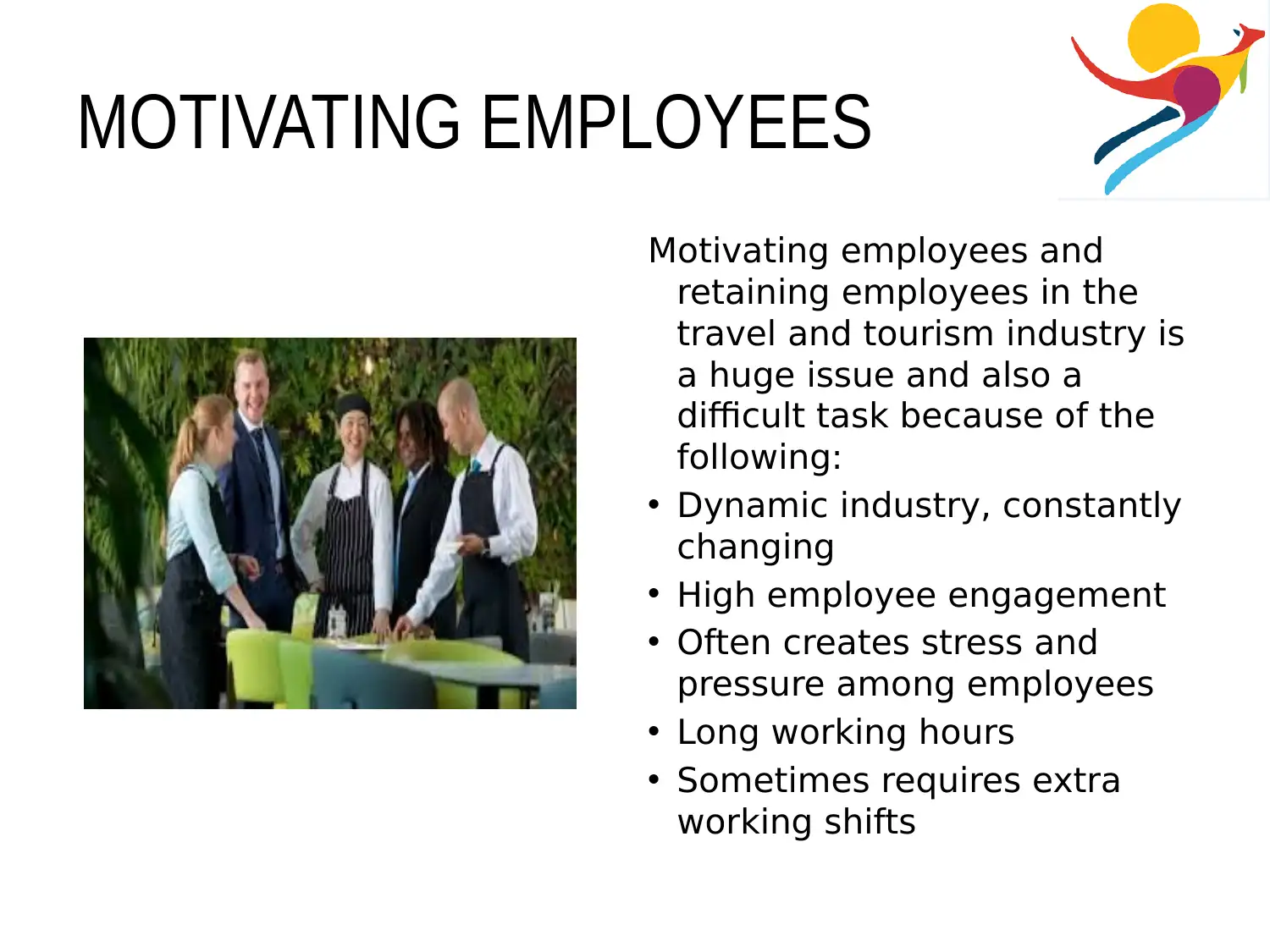
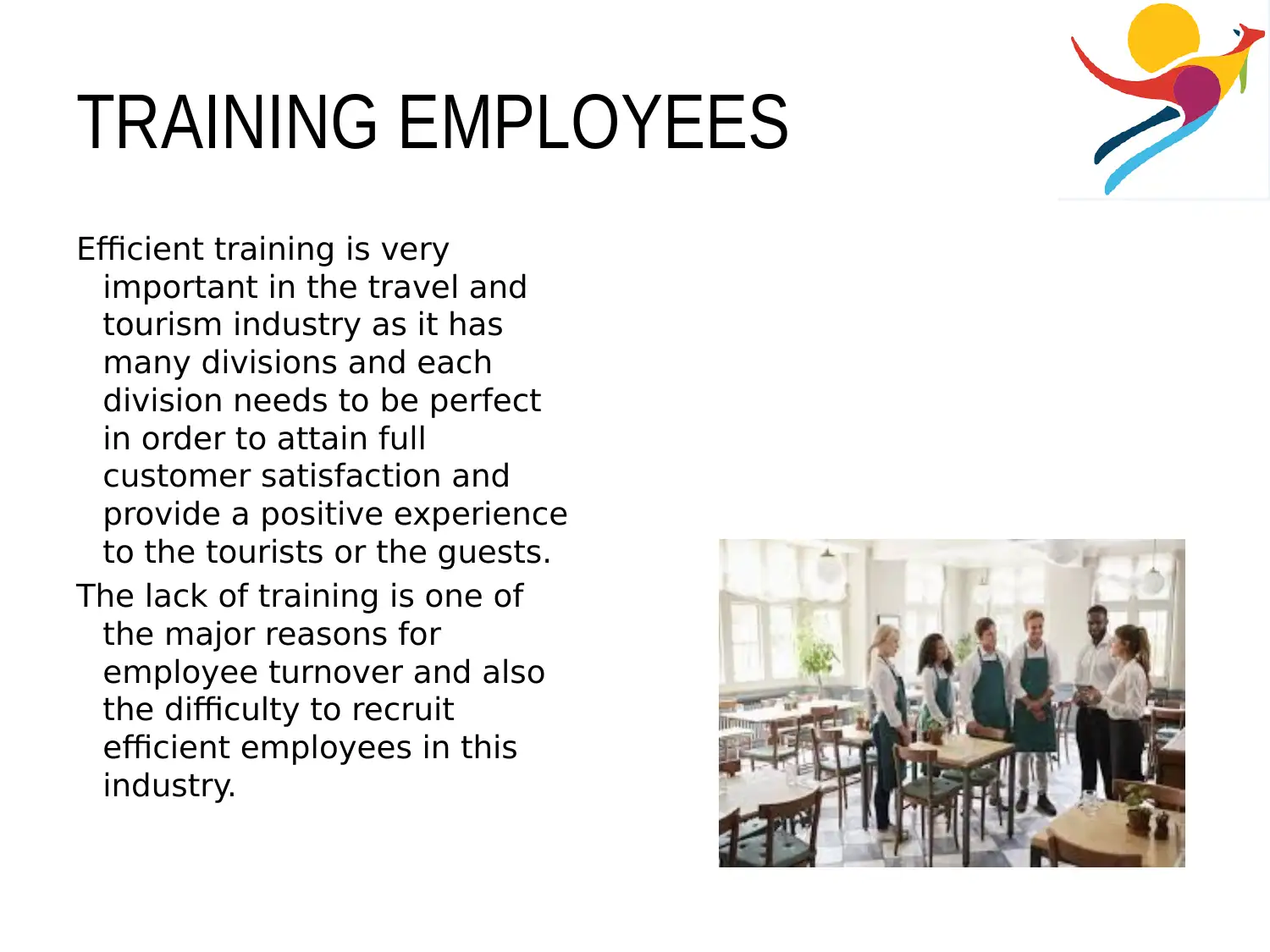
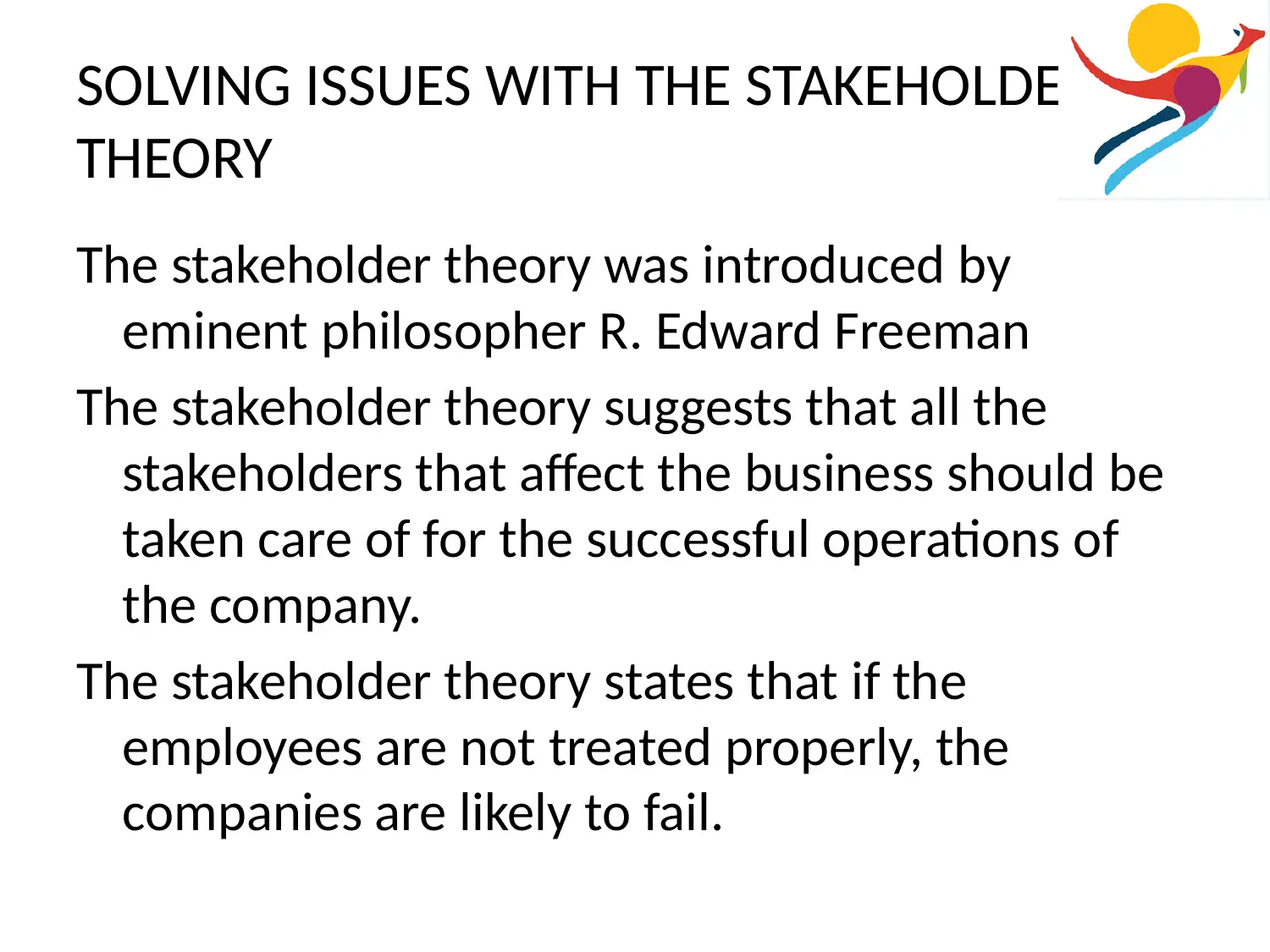
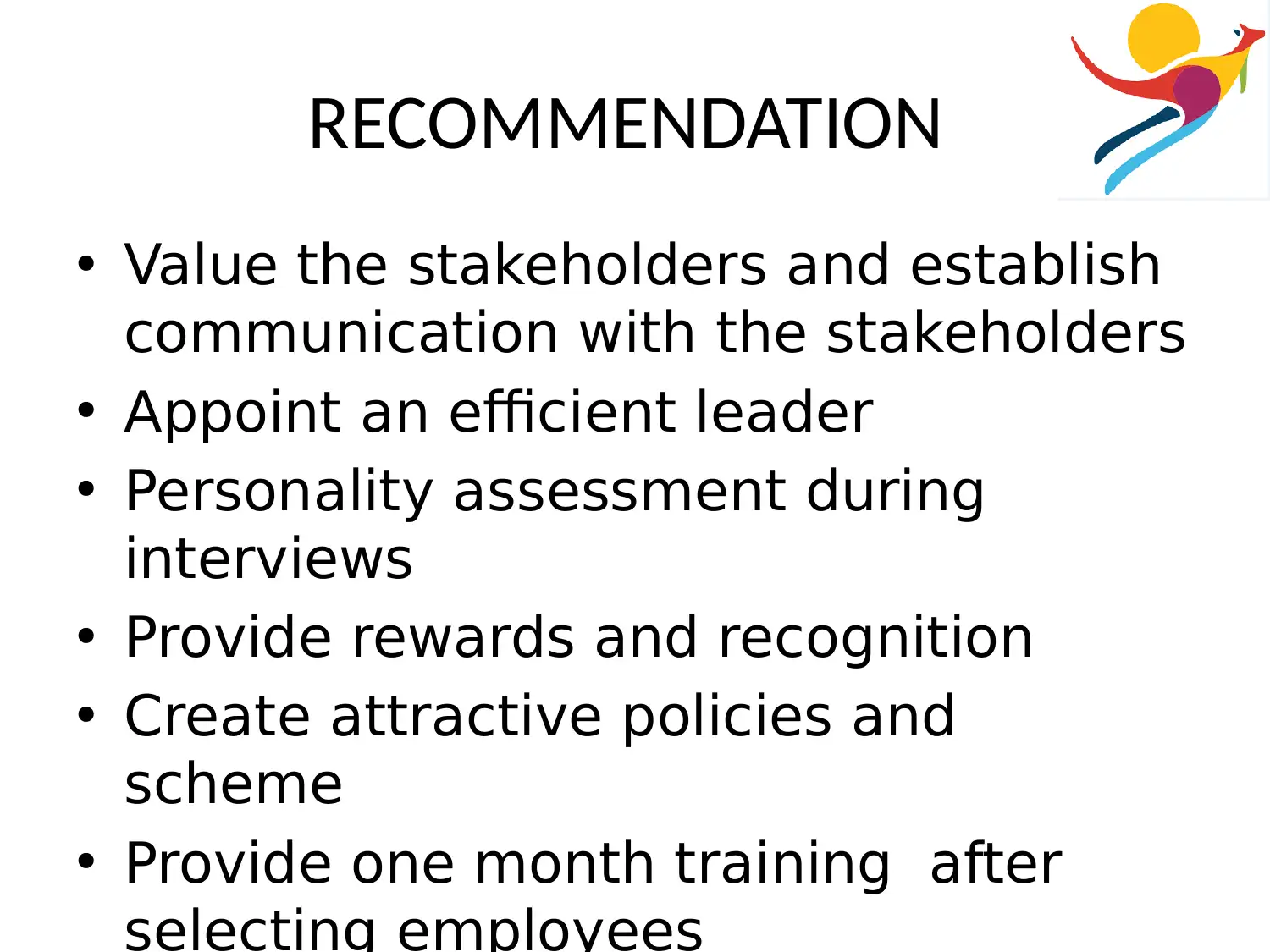
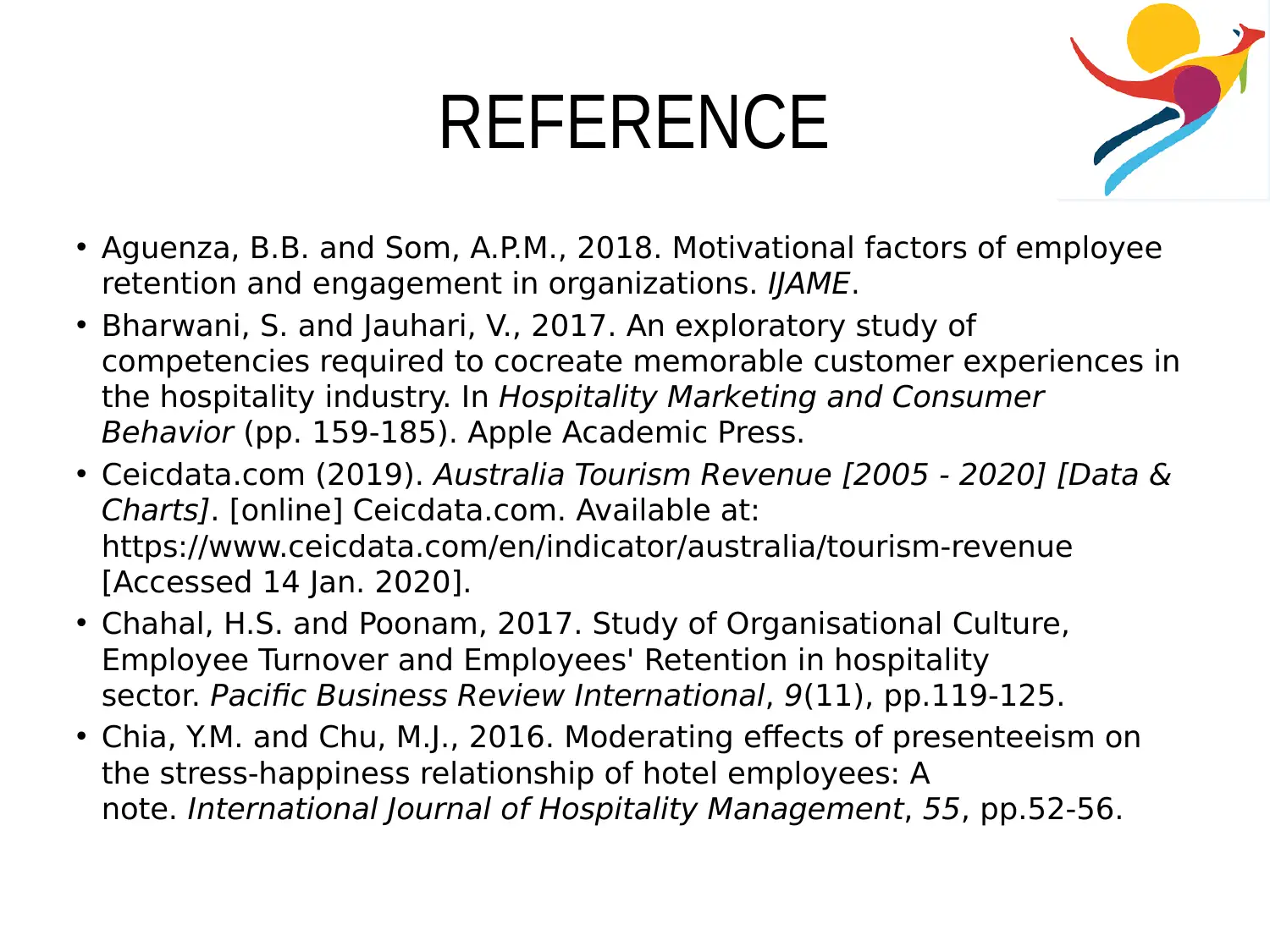
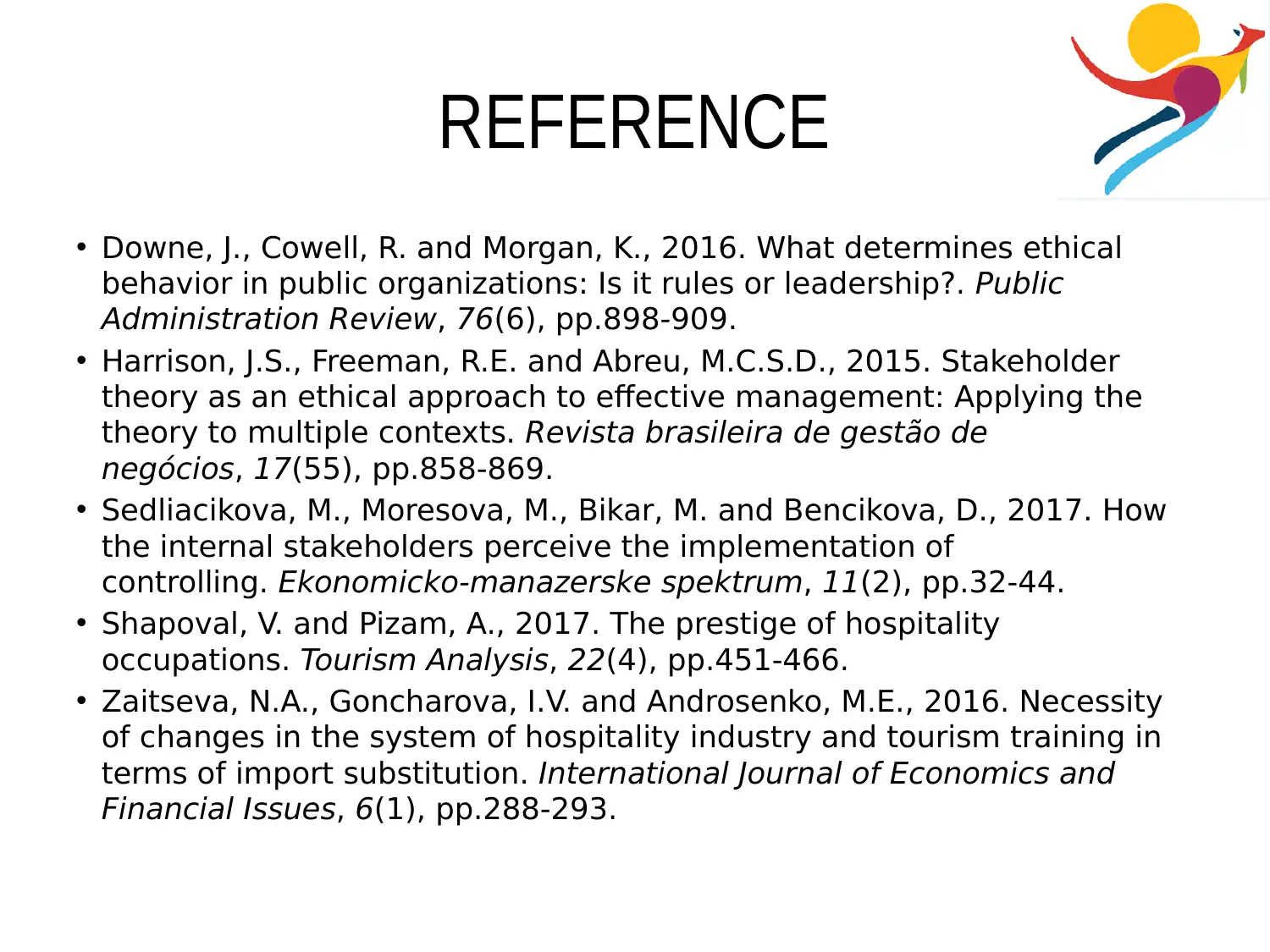





![[object Object]](/_next/static/media/star-bottom.7253800d.svg)